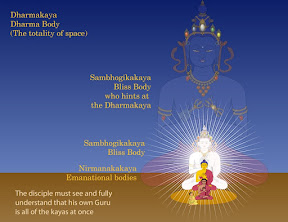 |
| Hieronymus Bosch, Garden of Earthly Delights. A standard picture of hell and judgement for many. |
I frequently write and speak about the hope of universal restoration through the work of Jesus Christ. I often teach about how what God did in Christ is for every person who ever lived, and that Christ will not give up until Christ has reached every person who has ever lived. And yet, I also teach about the reality of Divine Judgment on our sin of denying God's Love and destroying God's children in big and small ways. I believe that hell is real, and we experience the judgment of hell in the sufferings and addictions of this life, and if we persist in selfish sin, we will experience it in the next life as well.















